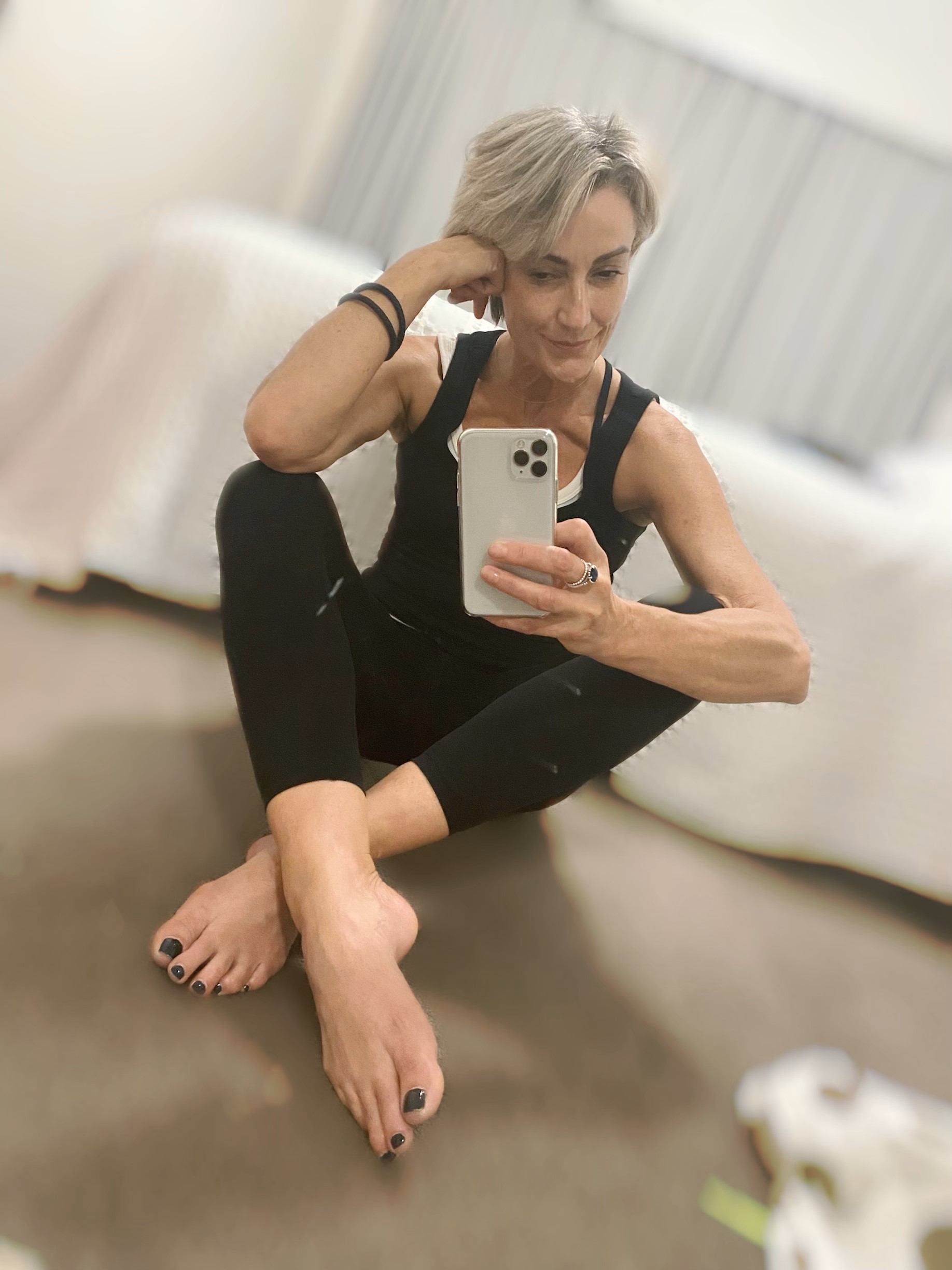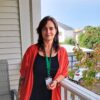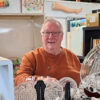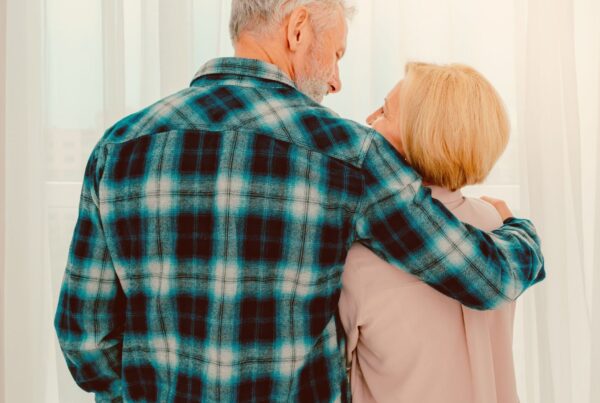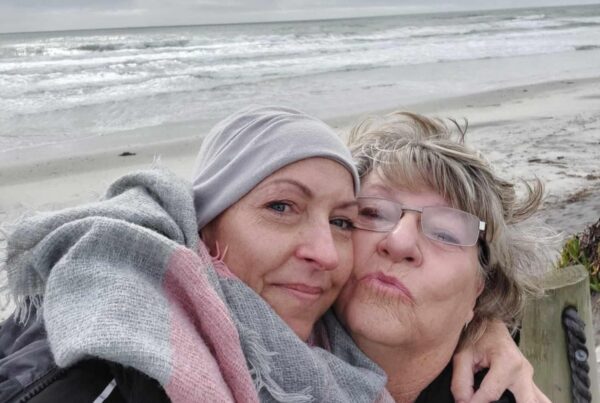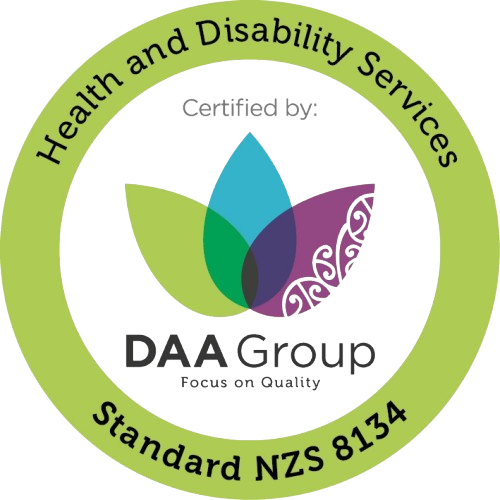Paula passed away in March 2024. This is the story she shared with us with unwavering honesty and courage.
Paula was just 53 years old when she was diagnosed with breast cancer. Although she’d kept up-to-date with routine mammograms, she discovered a lump on her left breast and booked an appointment with her GP for the following week. In the space of one short afternoon, her life was to turn upside down. The flurry of scans and biopsies that rapidly followed confirmed her worst suspicions: she had had stage 2 breast cancer. “When my oncologist confirmed the diagnosis I actually felt a sense of calm come over me,” says Paula. “And then I asked: ok, what do we need to do? I focused on the steps I needed to take to beat this.” She took heart in being told that her type of breast cancer was “the better one to get, if you do get it.”
The treatment included a mastectomy on her left side and chemotherapy, and her medical team were pleased with the results. She returned to work immediately after, coping with the exhaustion, hot flushes, and hair loss caused by the chemo and hormone suppressants. “I had a reconstruction, which went well, and everyone was happy.”
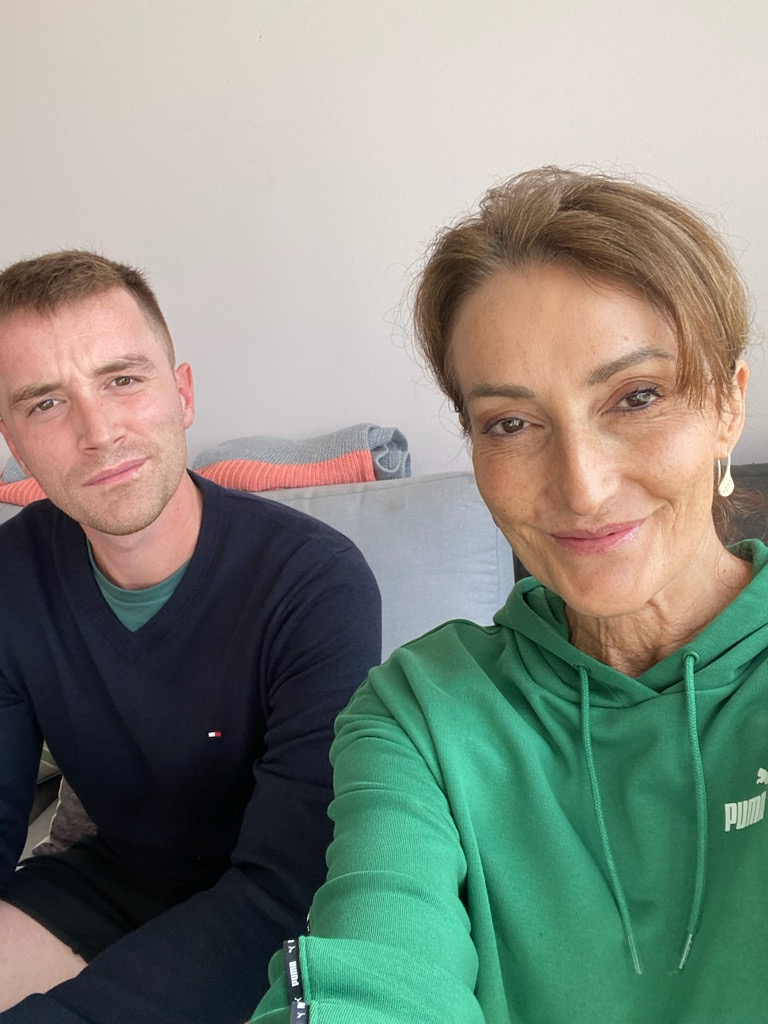
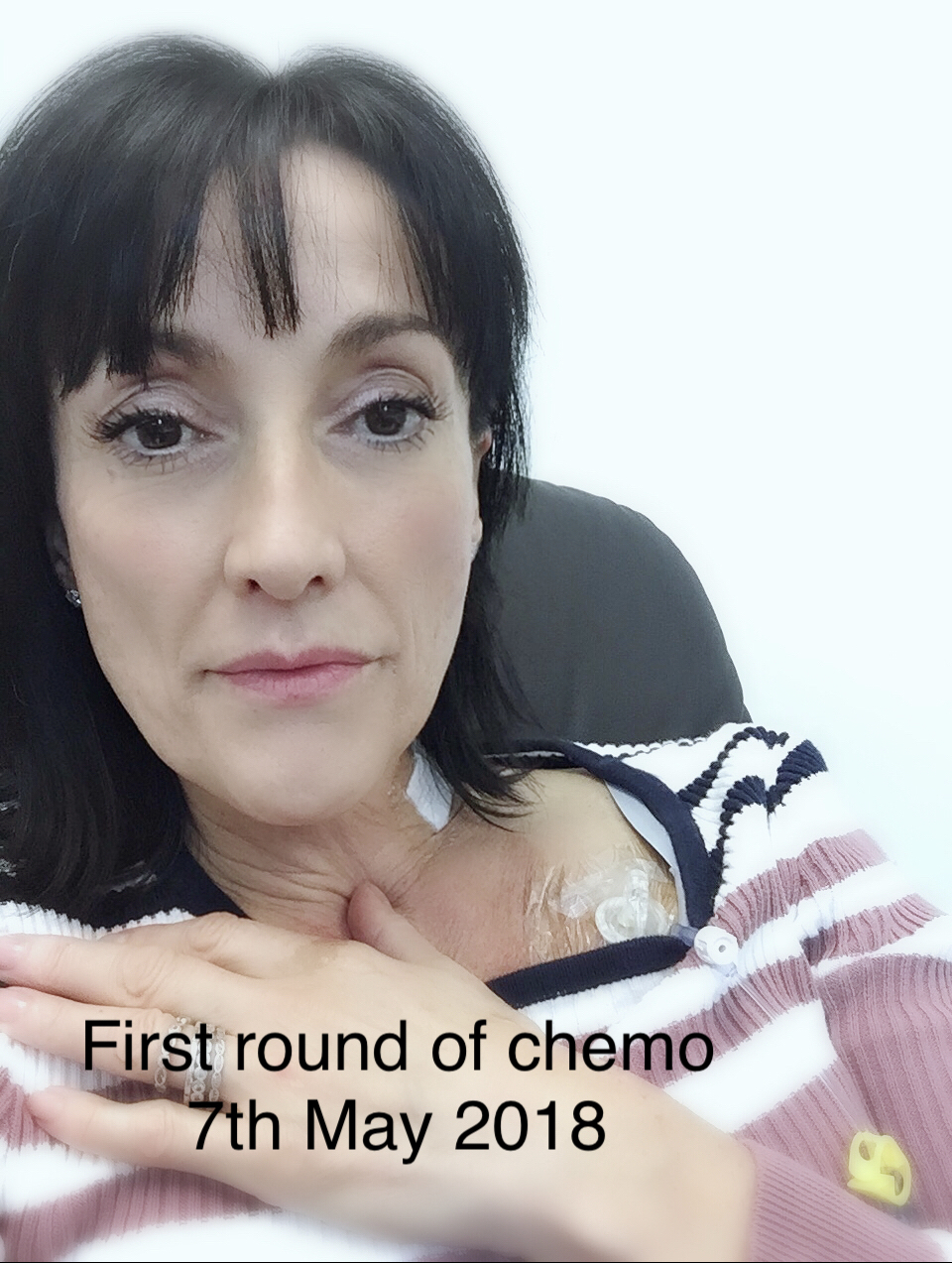
Although she’d heard there was a chance the cancer would reoccur, Paula never imagined it would be within two years of receiving such good results after her last round of chemotherapy. “Cancer is a very tricky, cunning, smart disease,” she says sadly. It was early in 2021 when she began to feel unwell and had a feeling that something just wasn’t right. She was sent for an ultrasound which prompted more tests and biopsies, leading to the devastating discovery of lesions on her liver, in her bones and pelvis, and a spinal mass – the cancer had rapidly reoccurred. “My reaction was pure anger,” Paula says. “I just kept asking: how? How does this happen in just six months after a clear mammogram?”
This time Paula underwent radiation on all of the affected areas, which has caused significant nerve damage. This, together with a pelvic fracture caused by tumours, has affected her ability to walk and even stand for periods of time. On top of this, she now as peripheral neuropathy affecting her hands and feet. She walks with the aid of a crutch or walker, and can tolerate driving only short distances. “I’m very independent and this whole thing is just so bizarre, I don’t feel like I can just sit there and do nothing. Cancer has taken my life away, totally.”
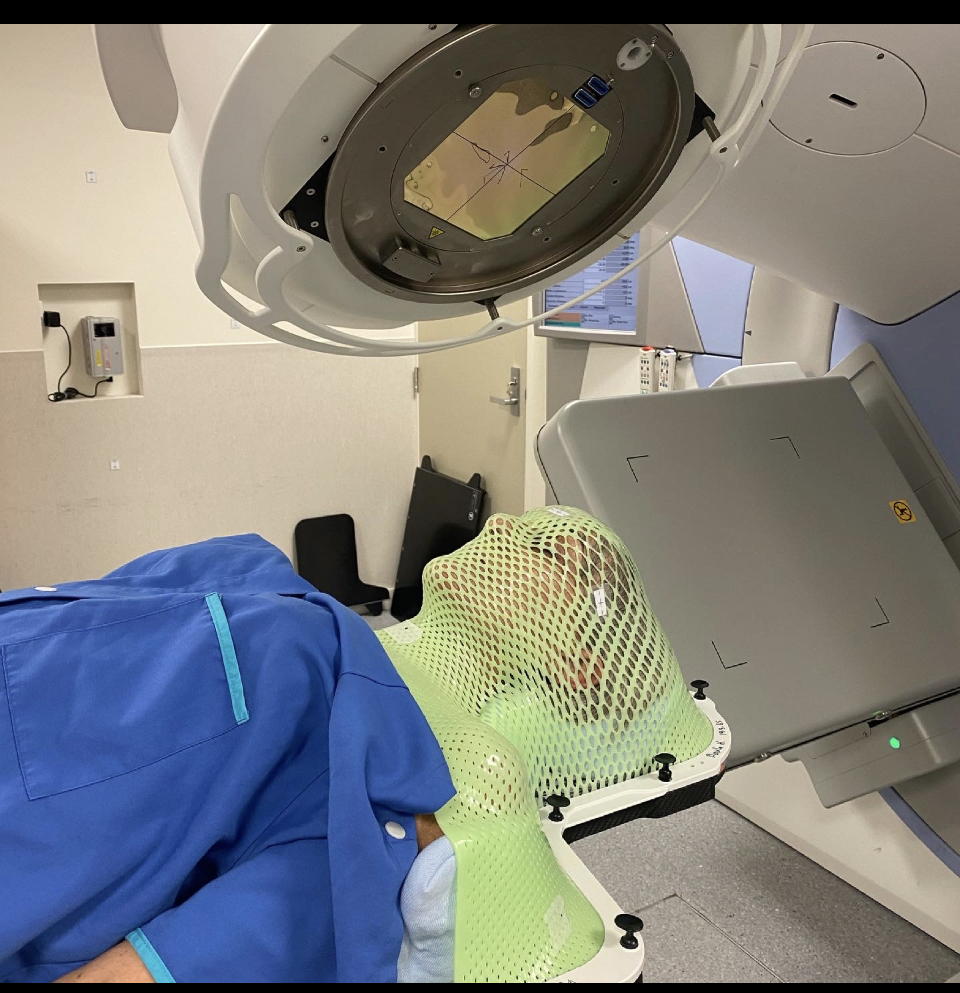
Paula is being supported by Hospice West Auckland, who coordinates her care with her team of specialists and GP. Hospice have assisted significantly with pain relief, including two steroid injections (one in each leg) to relieve the pain in her legs. “Hospice have been just brilliant. Everyone here is so lovely. I have a nurse assigned to me who visits every fortnight, and of course I can talk to someone at any time if I need to. And all of my records are shared with my whole medical team so everyone knows what’s going on.”
She regularly attends the weekly physiotherapy classes at Hospice House – which she loves for the social aspect as well as the exercise – as well as Tai Chi, arts therapy and other programmes. “There’s so much on and I try to get to as many sessions as possible.” She has also attended counselling sessions, which have been helpful for equipping her with coping tools. “Hospice isn’t a place to just go and die. It’s an incredible service, and the fact that it’s free is amazing. My family and I have given a lot to Hospice over the years because they deserve our support, they are such special people.”
A former ballet dancer, Paula has always enjoyed keeping fit and active, and before her second diagnosis was doing a variety of activities including daily long walks and hot yoga classes. Now she is working within her limitations with gentle yoga, physio sessions and uses a rowing machine at home for her upper body and strengthening her legs. “It’s tough to adjust from being really active to so physically limited, but I try to do as much exercise as I can. It’s good to keep everything ‘oiled’, so to speak.”
Paula says she, her son Alex and his father Pete, who she is now living with, tend to deal with her situation with humour. “You’ve got to see the funny side of things, otherwise you just wouldn’t survive! Alex and Pete have been my rocks, and my family and friends have been awesome too.”
